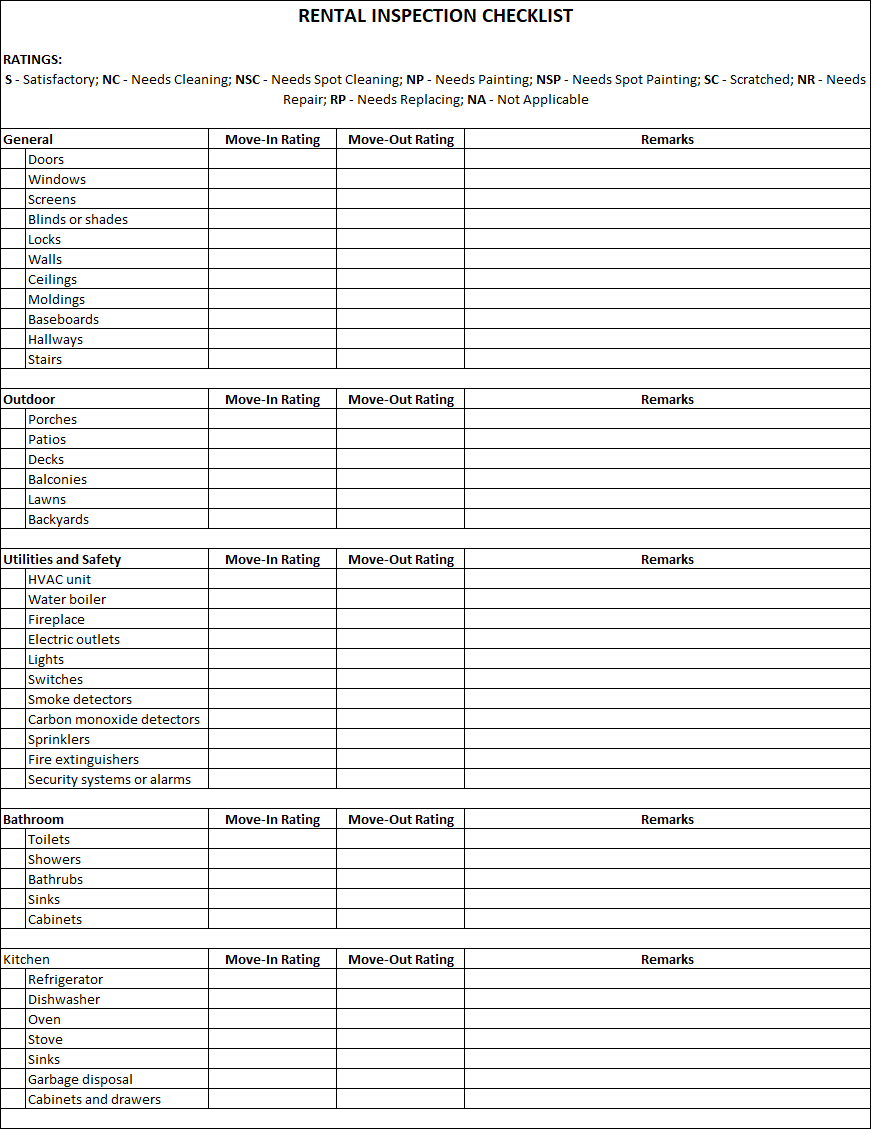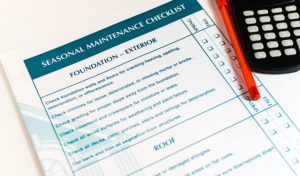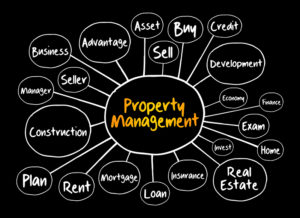Back in the day, property management companies had to do things the old-fashioned way. Digital property management, though, is the new norm in this industry. Whether you are looking for a property management company or are one, there are some services you must digitize.
Understanding Digital Property Management
Real estate investors often find it difficult to manage multiple rental properties. By hiring a third-party property management company, they can save a great deal of time and effort. Property management companies can facilitate the needs of their tenants.
It is important to research potential property management companies carefully in order to find the best possible fit for you. There are many benefits to having a property management company.
In addition to managing the day-to-day operations of your properties, they have comprehensive digital service offerings. When looking for the ideal property management property, look for one that digitizes the following:
1. Resident Fee Payments

Even if you have a small number of properties, it is wise to have your residents pay for their rent electronically. The property management company that you will hire should have systems in place to facilitate the digital payment of fees.
The reason for this is that having digital fee payment systems will encourage your tenants to make their rental payments on time. This, in turn, will improve the cash flow of your rental investment property business.
Many times, property management companies will be able to have an email or text message reminder system in place to further help in collecting required fees from your tenants. When choosing the right property management company for your investment properties, be sure to look at how they are collecting payments. From this, you can determine whether they are an ideal choice for you.
2. Maintenance Requests
Depending on how many rental properties you have, there will be maintenance requests that will occur frequently. If you do not have a third party to manage those requests, it can be easy to fall behind and have your tenants frustrated with you as a landlord. The best way to mitigate this risk is to have a property management company with digital services in place.
Digital real estate management allows tenants to make their requests rapidly and without interrupting their daily lives. If your tenants feel that you are not properly managing the rental property, they will have the incentive to move sooner or even bring legal action if the maintenance issues violate local building codes.
By choosing a property management company with digital systems, you can shield yourself from many potential liabilities in the future.
3. Emergency Contact

In addition to traditional maintenance requests, there will also be times when emergencies happen at any of your rental properties. These emergencies can become even more complicated if your rental property is located in a different state or city that is far from where you reside.
With a digital property manager, it will be much easier for tenants to report emergencies. The property management company can then handle those issues quickly. If emergency issues are not reported right when they occur, more damages that could have been avoided might occur.
4. Prospective Tenant Screening Processes
Another role of many property management companies is to assist property owners in finding qualified tenants for their properties. It is best to work with a property management company that has established practices on how to screen tenants. This way, you can ensure they are making sufficient income to be able to afford the rent of your property.
By failing to screen tenants, you could end up with ones who cannot pay their rent. This can then lead to complicated eviction procedures. It is usually best to work with a property management company that has digital tenant screening processes with forms to fill out online.
Your property will likely have more qualified applicants if the application process is simple and easy to complete. Digital property management is a great strategy for rental income generation.
5. Marketing to Potential Tenants

Property owners find it hard to market their properties to qualified tenants who are interested in signing a lease. Marketing to potential clients is an expensive and exhausting process. Therefore, it is wise to work with a property management company with existing digital services.
In addition to reducing overall costs, digital property management companies have experience in various aspects of digital marketing. This includes social media, SEO, and professional websites that can attract more prospective tenants. By having digitalized marketing services, a property management company can fill your vacant properties quicker with less hassle.
6. Progress Tracking App
Recently, many property management companies have designed apps to enable their clients to see the status of various repair projects at their investment properties.
Having an app tracking the status of multiple work orders is effective for a number of reasons. For one, it informs the real estate investor how much the various repair services will cost. It also lets them know whether the repair request was handled quickly.
With an app, a property owner can know how the management company is using repair funds. This allows for maximum potential profit for their investment property.
An app also boasts convenience for property owners. They can access up-to-date information remotely as they are traveling or conducting other business. When interviewing potential management companies, ask them about their extra offerings.
An app or software program with a comprehensive dashboard and up-to-date information is a definite plus. It offers substantial value that will absolutely benefit property owners, ensuring they are well-informed and have realistic expectations of their profit margins.
The app should also contain all related contracts and leases for easy viewing. Above all else, with an app, you can ensure that repairs are taking place according to the law.
If you believe your community can benefit from digital property management, give us a call and we’ll be glad to discuss it with you.



 A low tenant turnover rate means fewer costs and headaches associated with the turnover process. That includes changing the locks, repainting the walls, exhaustive cleaning, and the like. You also don’t need to go through the entire process of finding and screening tenants all over again. Plus, when you have a great tenant, you naturally want to keep them from moving out.
A low tenant turnover rate means fewer costs and headaches associated with the turnover process. That includes changing the locks, repainting the walls, exhaustive cleaning, and the like. You also don’t need to go through the entire process of finding and screening tenants all over again. Plus, when you have a great tenant, you naturally want to keep them from moving out. There are a lot of federal and state laws to keep in mind when you’re handling a rental property, such as
There are a lot of federal and state laws to keep in mind when you’re handling a rental property, such as  To start, settle on a due date for rent payments. You can pick out any date you want, but it is generally recommended to set it on the first of every month. This way, your tenants can easily remember when rent is due.
To start, settle on a due date for rent payments. You can pick out any date you want, but it is generally recommended to set it on the first of every month. This way, your tenants can easily remember when rent is due. When you ask, “What is the best way to collect rent?” Most people will say online.
When you ask, “What is the best way to collect rent?” Most people will say online.
 Not all property management companies offer the same services. You need to find the one that can provide the services that your rental property needs.
Not all property management companies offer the same services. You need to find the one that can provide the services that your rental property needs. How will the
How will the  Look for a property management company that has adequate insurance coverage. This is to protect your rental property from potential issues or liabilities.
Look for a property management company that has adequate insurance coverage. This is to protect your rental property from potential issues or liabilities. List homes for sale on the local Multiple Listing Service (MLS)
List homes for sale on the local Multiple Listing Service (MLS) Tenant Screening Instructions. Most property owners want to be removed from the tenant screening process and only be notified after a tenant has been approved. But, owners must not completely disassociate themselves from the process. Property owners must provide their manager with directions — such as any pet or vehicle restrictions — when choosing a tenant. Moreover, owners must not discriminate against any class, as that would be a violation of the
Tenant Screening Instructions. Most property owners want to be removed from the tenant screening process and only be notified after a tenant has been approved. But, owners must not completely disassociate themselves from the process. Property owners must provide their manager with directions — such as any pet or vehicle restrictions — when choosing a tenant. Moreover, owners must not discriminate against any class, as that would be a violation of the  Setting and Collecting Rent
Setting and Collecting Rent What Does Full Service Property Management Mean?
What Does Full Service Property Management Mean? Company
Company